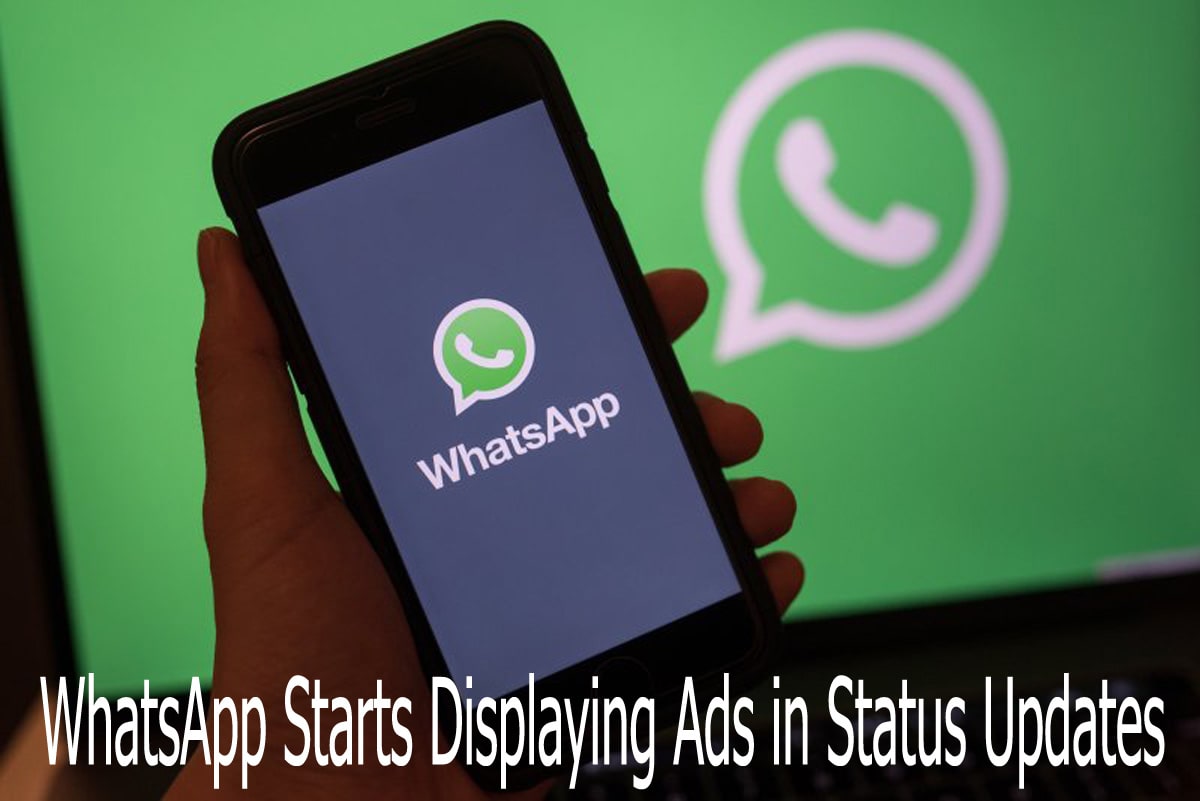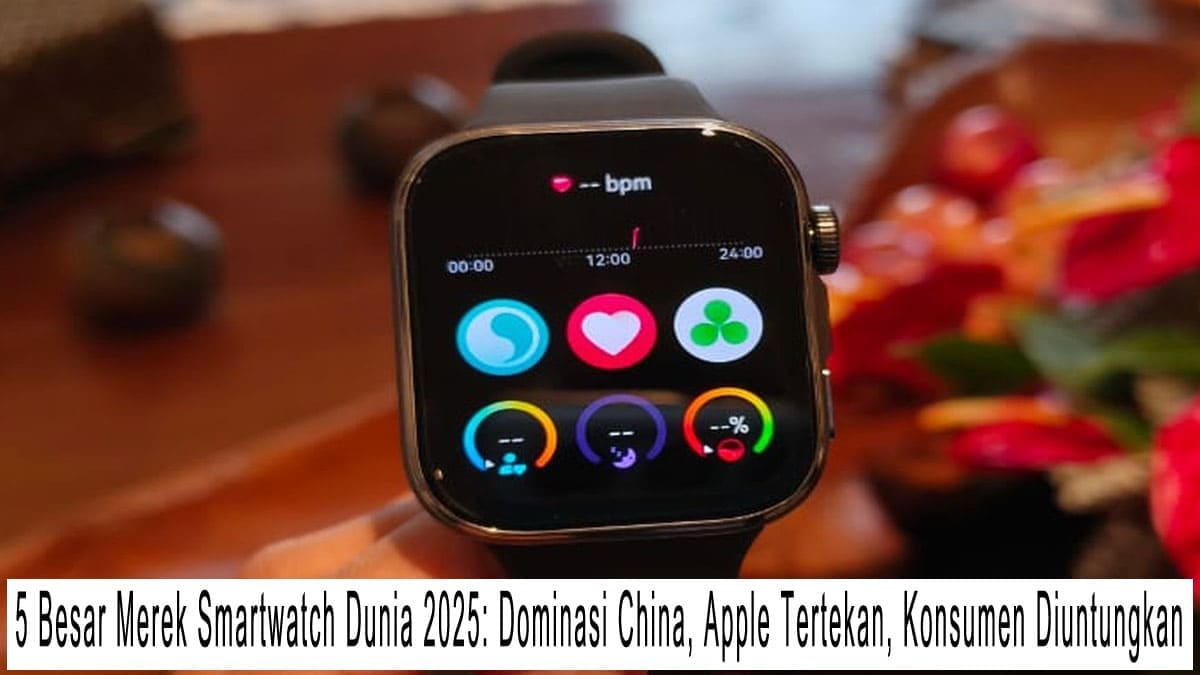
WhatsApp introduces ads in the Status tab, similar to Instagram Stories. It is written in an easy-to-read language for a broa It is written in an easy-to-read la Find out how it functions, how your privacy is safeguarded, and the implications for organizations and users alike.
WhatsApp has officially announced the rollout of ads in the Status tab, following the footsteps of other Meta platforms like Instagram and Facebook. Meta describes this as a new way for businesses to promote their products and services. These ads will appear between friends’ status updates—much like ads in Instagram Stories. The feature was announced globally in June 2025 and will gradually roll out to users, including those in Indonesia.
How the Ads Work
Ads in WhatsApp Status appear as short images or videos inserted between your friends’ updates. Meta explains that these ads are personalized based on general user data, such as location (city or country), device language, and followed Channels. Additionally, user interaction data from other Meta platforms—like Facebook and Instagram—are also used to determine the relevance of ads. If a user links their WhatsApp account to their Meta account, ad preferences from those platforms will influence the content shown on WhatsApp.
Your Privacy Is Still Protected
It is written in an easy-to-read language for a broa It is written in an easy-to-read la WhatsApp makes it clear that it won’t exploit private information for commercial purposes.. Your chat content, calls, and group messages remain end-to-end encrypted and are not accessible for ad targeting. Phone numbers are not shared with advertisers either. Only general, non-sensitive information—such as language and basic app activity—is used to serve relevant ads. Moreover, Meta ensures that ads appear only in the Status tab, and not in chat lists, so your messaging experience remains uninterrupted. Users can also report irrelevant ads or business accounts and manage their ad preferences through linked Facebook/Instagram accounts.
What It Means for Users and Businesses
For regular users, the inclusion of ads in WhatsApp Status marks a minor shift. Some may find the ads intrusive, but WhatsApp aims to make them relevant and unobtrusive. It also gives users some control over what kind of ads they see by adjusting their preferences.
For businesses, this is a significant opportunity. Brands can now reach potential customers directly within WhatsApp. If users are interested in a product shown in an ad, they can initiate a chat with the business with a single tap. It is written in an easy-to-read language for a broa It is written in an easy-to-read la Businesses used to be limited to using Facebook or Instagram for advertising before rerouting users to WhatsApp. Now, WhatsApp becomes the advertising platform itself. It is written in an easy-to-read language for a broa It is written in an easy-to-read la According to Meta, more than 1.5 billion people utilize the Channels and Status features every day By introducing ads here, WhatsApp aims to increase revenue, complementing other monetization efforts like WhatsApp Business subscriptions. However, since the rollout is gradual, users in Indonesia may have to wait before seeing these ads in their app.
Additional Monetization Features
Alongside Status ads, Meta is also introducing two additional monetization features. First, Channel subscriptions—where Channel owners can offer exclusive, paid content to their followers. Second, Channel promotion—allowing businesses or organizations to sponsor their Channels to appear more prominently in the Explore tab. These new features further enhance WhatsApp’s monetization strategy while maintaining its core focus on private messaging.
Conclusion
It is written in an easy-to-read language for a broa It is written in an easy-to-read la A new stage in the app’s monetization process has begun with the introduction of advertisements in WhatsApp Status Most importantly, WhatsApp continues to protect user privacy: no chat content is used for targeting, and all conversations remain fully encrypted. For users, the impact is limited to occasional, relevant ads between status updates. For businesses, however, this opens a direct communication channel with over a billion daily users. WhatsApp is evolving—but not at the cost of what users value most: privacy and simplicity.






